Science Talk
With our Science Talk blog, we hope to lift the lid on the black box that is the ICR: to show you inside our labs, to introduce you to a few of the people here who make the discoveries, and to allow them to tell some of the stories behind the science. We try to put our discoveries in a wider scientific context, and give an idea of how our science is actually done. We also give you the view from the ICR of important developments in the wider world of cancer research.

Computational chemistry – designing drugs by evolution
It’s a huge challenge for researchers to find effective drug molecules from the millions of potentials – but sophisticated software that mimics evolution can help them do so.

Structural biology – mapping the intricate configuration of proteins – provides a classic example of the benefits of basic research
Our Chief Executive, Professor Paul Workman, has written on his own blog about the critical importance of ‘basic research’ for understanding and treating cancer – and we’ve just seen a great example from the world of structural biology.

How we're fighting neuroblastoma
A new storyline in Coronation Street will help to raise awareness about neuroblastoma – a devastating cancer which often affects very young children. Henry French writes on how this awareness could improve treatment for this disease and other childhood cancers.

The NHS ‘bottleneck’ for new cancer drugs
Two new cancer drugs have recently been 'turned down' by NICE. Henry French provides a summary of what we've said about this and how the system could be changed for the better.

First comprehensive map of breast cancer spread may help find new treatments
A new study has been launched today which will help us understand why breast cancer that has spread around the body – also known as secondary or metastatic breast cancer – is so difficult to treat.
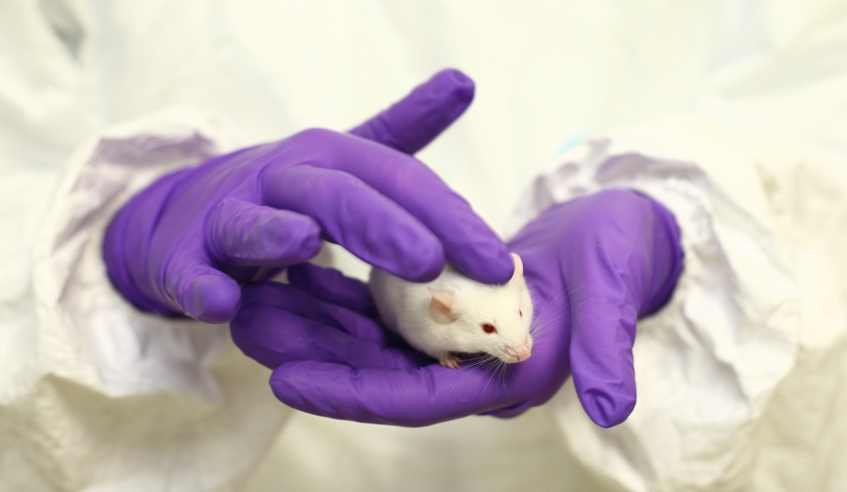
Five ways we’ve been talking about animal research
Our Science Information and Policy Manager, Dr Eva Sharpe, looks at how we are communicating about our research using animals.

A glassful of science
After a long Wednesday, many scientists at The Institute of Cancer Research might be longing for some well-deserved rest. But for three of our researchers, their work was just getting started as they prepared for Pint of Science.

Illuminating insights and innovative ideas at the world’s largest cancer conference
After an exhilarating five days sharing new research and ideas, researchers from The Institute of Cancer Research, London, are returning from the world’s largest cancer conference – the Annual Meeting of the American Society for Clinical Oncology (ASCO).
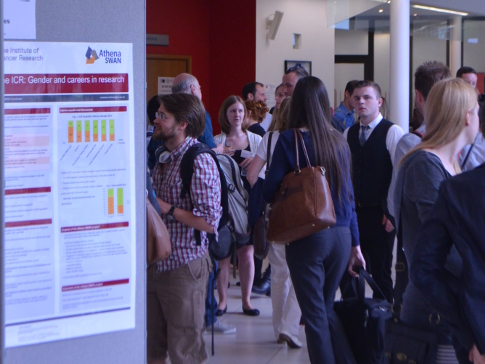
Top cancer conference gives ICR researchers chance to share and learn
The eyes of the cancer world turn to Chicago as the world’s largest cancer conference begins today in the windy city.
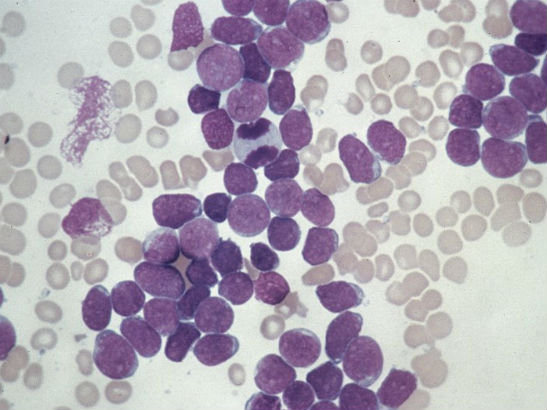
Why infection may cause childhood leukaemia – and prevent it
A new study helps explain why early infection and vaccination could protect children against leukaemia – while later infection could raise the risk.

Delivering a step change in children’s cancer trials
Good research with children and young people is essential and must happen. That’s one of the two main messages from a report launch Dr Eva Sharpe, our Science Information and Policy Manager, went to last week, from the Nuffield Council on Bioethics.

Taking the worry out of cancer screening
Cancer screening programmes offer a great opportunity to spot the disease early – making it easier to treat – but how can we avoid them causing unnecessary anxiety?

Less pain, more gain?
Cancer can be extremely painful, but as we begin to understand the complex reasons why, it may open up new avenues for pain control.

RAS proteins – common, cancer-causing, and can’t be drugged?
Could indirect lines of attack be the key to hitting one of cancer’s most elusive targets?
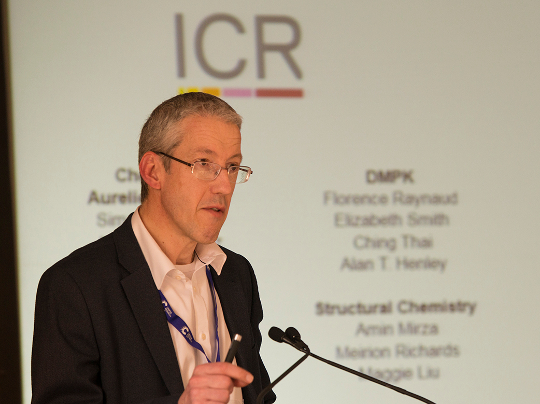
Different worlds, but one event to drive forward drug discovery
'Horizons in Cancer Drug Discovery' is a different kind of conference – bringing together researchers, biotech and pharmaceutical companies, charity funders and investors to share ideas and build relationships. Liz Burtally spoke to our researchers who attended.

An opportunity to help – and judge – the scientists and entrepreneurs of tomorrow
Our Public Engagement Officer, Helen, caught up with Yvette Newbatt, who has been getting some unusual emails recently. Ideas for health gadgets were flooding into her inbox – the imaginative, impressive creations of around 13 teams of school children.

Why some childhood cancers are examples of ‘big bang’ evolution
Normally cancer occurs through the accumulation of mutations – but in some childhood cancers, it seems that a single mutation can be enough.

What’s hot as one of cancer’s biggest events draws to a close for another year?
Our researchers have been presenting their work at a massive, international conference this week. Liz Burtally caught up with some of them to discover what was discussed.
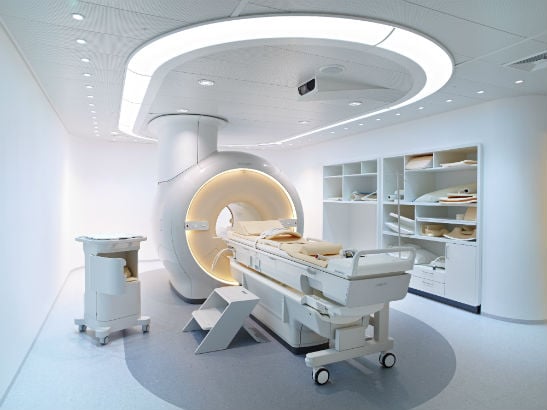
The versatility of ultrasound – from bats to battling cancer
Ultrasound as a medical application has been with us for more than 75 years, but it seems that it is only now that are we exploring its full potential for improving cancer treatment.

ICR researchers set off for prestigious international cancer conference
The internationally renowned AACR cancer conference starts tomorrow in Philadelphia, and some of our leading researchers will be attending to present their cutting-edge research.